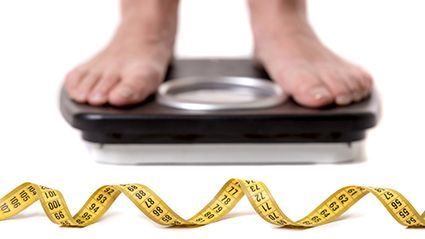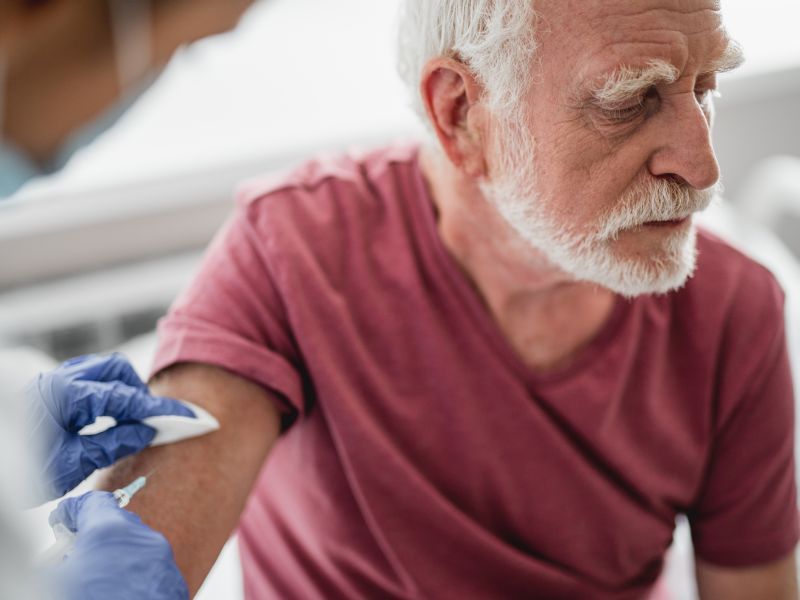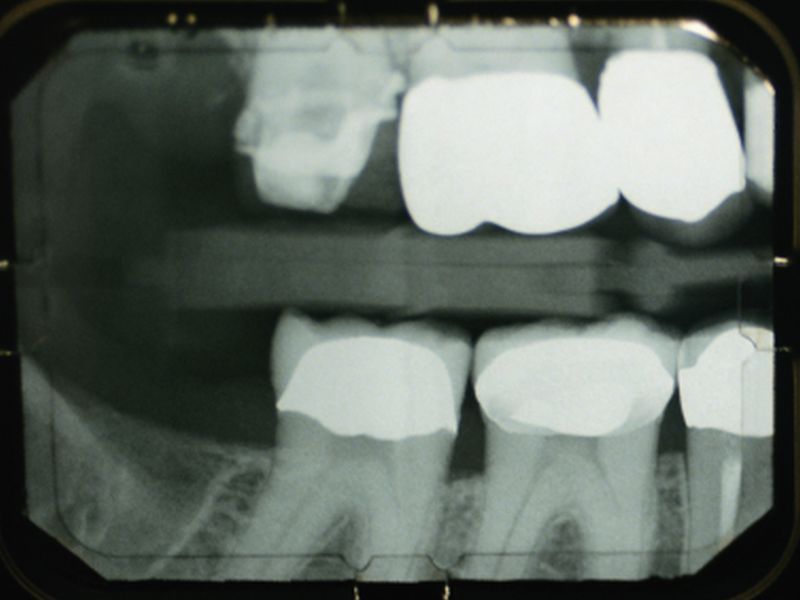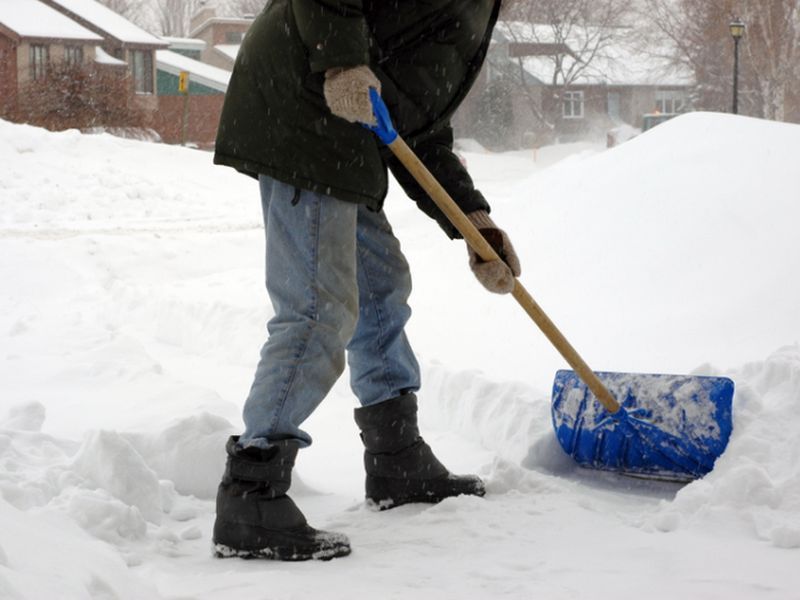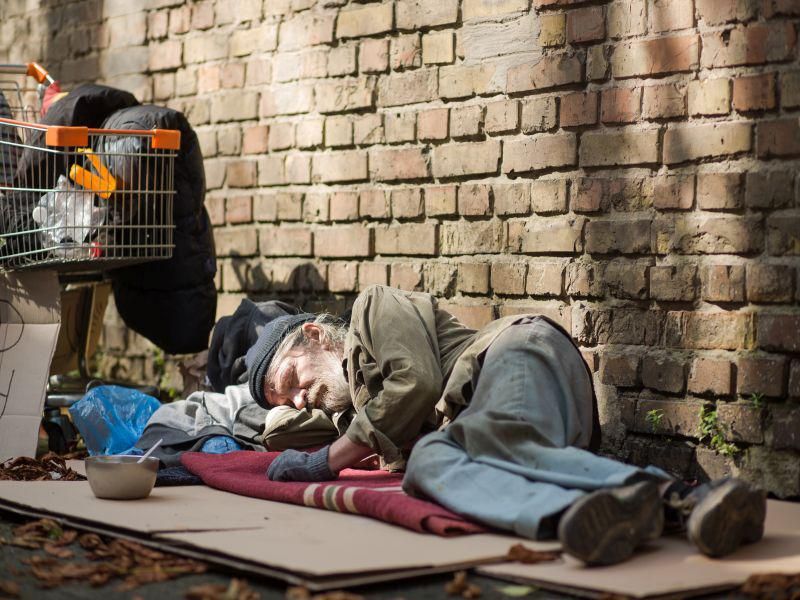
Just two weeks of treatment with an experimental drug can delay the onset of type 1 diabetes by several years, researchers report. The drug, called teplizumab, is already under review by the U.S. Food and Drug Administration based on earlier evidence of its effectiveness. If it gets the green light, it would become the first… read on > read on >










